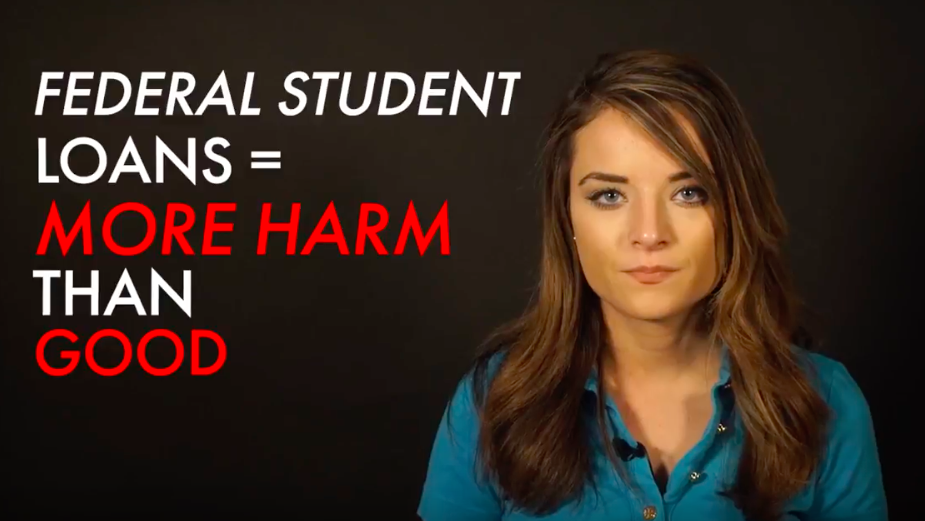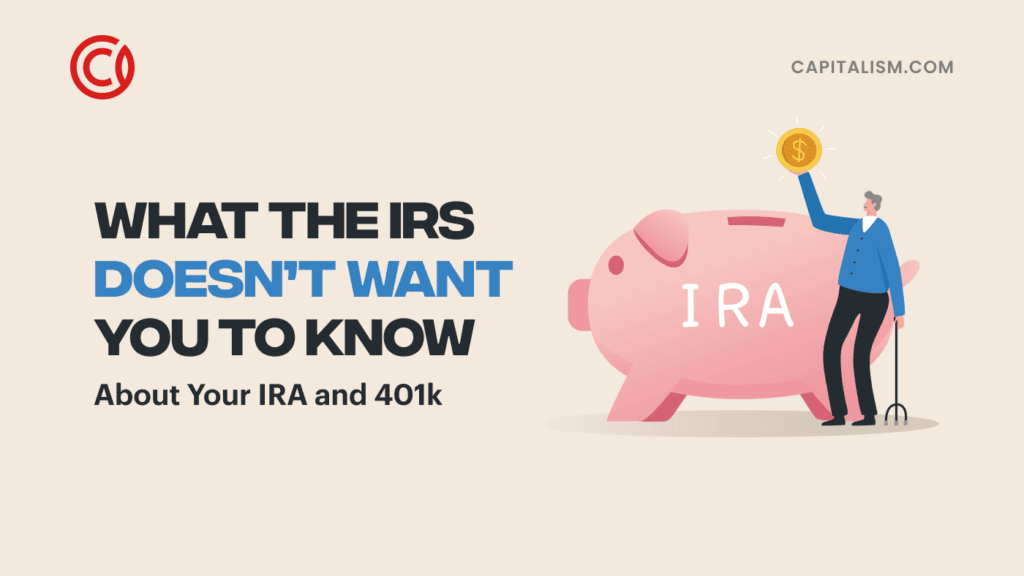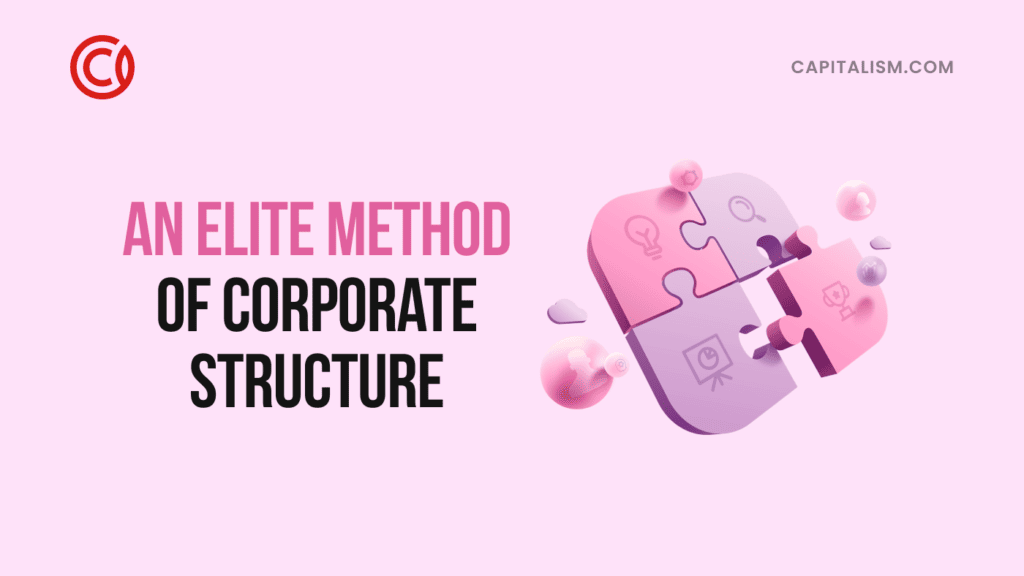In order to be happy, successful, and get a good-paying job, you must go to college!
Parents and high school guidance counselors have touted these “words of wisdom” to young people for decades. And for some students, this message is accurate.
But for many others, the walloping student loan debt that comes with a degree makes going to college simply not worth it.
Tuition for public and private colleges has ballooned by 500 percent over the past 30 years, and only continues to go up. Private and public colleges cost an average of about $33,500 and $24,900 per year, respectively.
Many schools like Tufts University and Bates College will set the family back by over twice that amount. These ridiculously fat price tags have lead to the average college graduate walking away with over $30,000 in student loan debt.
Now, it would be easy to assume that these grads could pay off their debt quickly, since they’ll of course land a good job, thanks to their college degree.
But that’s just not reality! Recent stats show that 53 percent of recent college graduates are jobless or underemployed.
It would be easy to blame this high jobless rate on a tough job market. And while that’s certainly a contributing factor, people rarely talk about the government’s role in exorbitant tuition fees and colossal student debts.
Government student loans were created to supposedly help low income families afford college. Today, about 60 percent of college students borrow money from the government to pay for their education.
As usual, a government program that started with good intentions has done more harm than good. Student loan debt is a huge problem.
Here’s why: Essentially, any student can qualify for as much money as they need to cover their education – no matter how high the tuition is. This enables colleges to continue to increase tuition, because no matter what they charge, students will always be able to finance it.
Washington bureaucrats have told us that entitlement money is necessary to ensure that young people are “getting the education they need.”
But that’s nonsense. The free market, without government aid, would drive college prices down and make it more affordable for everyone. By making government student loans unlimited and over-accessible, colleges have no incentive to compete by lowering tuition, or even offering more direct links to jobs or entrepreneurship opportunities.
If most students paid their own way, however, schools would be forced to lower tuition to remain competitive and attract the best, brightest young people.
As it stands now, college is clearly not worth the debt for many young people. 14 percent of waiters and 17 percent of bartenders in the US have a bachelor’s degree. And 36 percent of recent grads move back in with their parents upon graduation.
Worse still, most colleges offer expensive degrees that provide little in the way of job prospects. The job opportunities for English and Art History majors, for example, are far fewer than the number of students pursuing these degrees.
Many of these graduates are in for a rude awakening upon graduation when they realize their skills are not in high demand in today’s economy.
Yet for some reason, high school guidance counselors make students feel as though a bachelor’s degree is a golden ticket to prosperity. High schoolers are made to feel like failures if they don’t enroll in college, when in reality, there are plenty of viable alternatives.
Vocational and trade schools are an acceptable, more affordable option in many cases. Community colleges are also very underrated, and allow students to explore diverse subject areas without going broke.
Until Washington stops indirectly inflating the price of college tuition, many degrees are simply not worth the student loan debt.
If you liked this video, please share it! You can find more great videos by liking our Facebook page, subscribing to our YouTube channel, and browsing more of Capitalism.com.
Thank you so much for watching!
MORE FROM KRISTIN TATE ON CAPITALISM.COM:
• How to Solve the Skilled Labor Shortage Problem
• How Our Complex Tax System Punishes Workers, Hinders Business Growth
• Why School Choice Is An Important Business Issue











